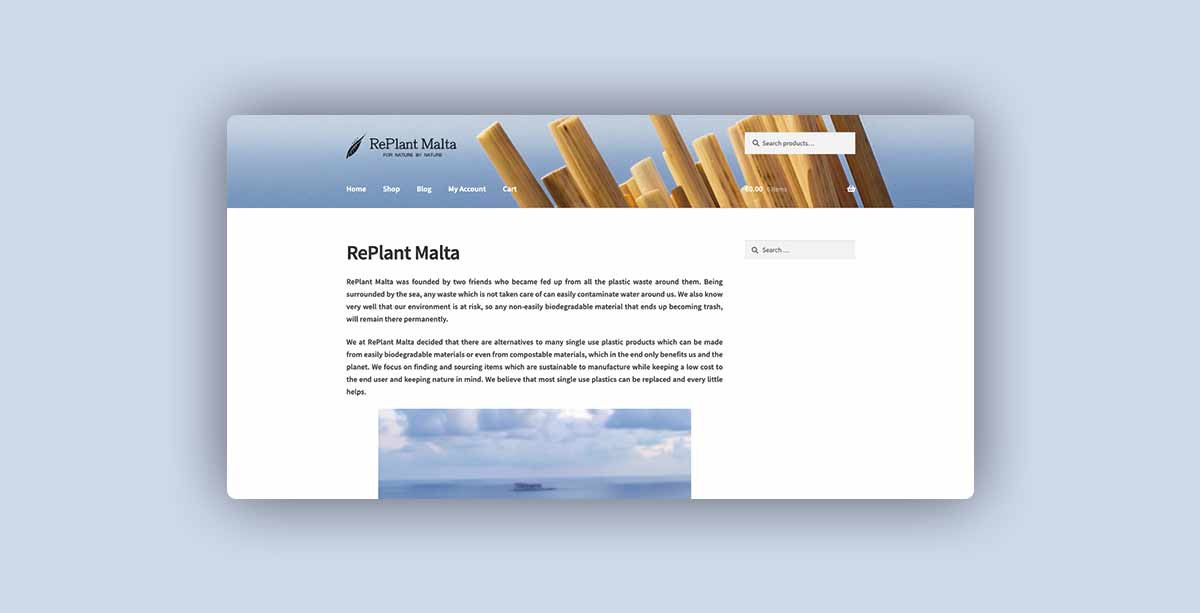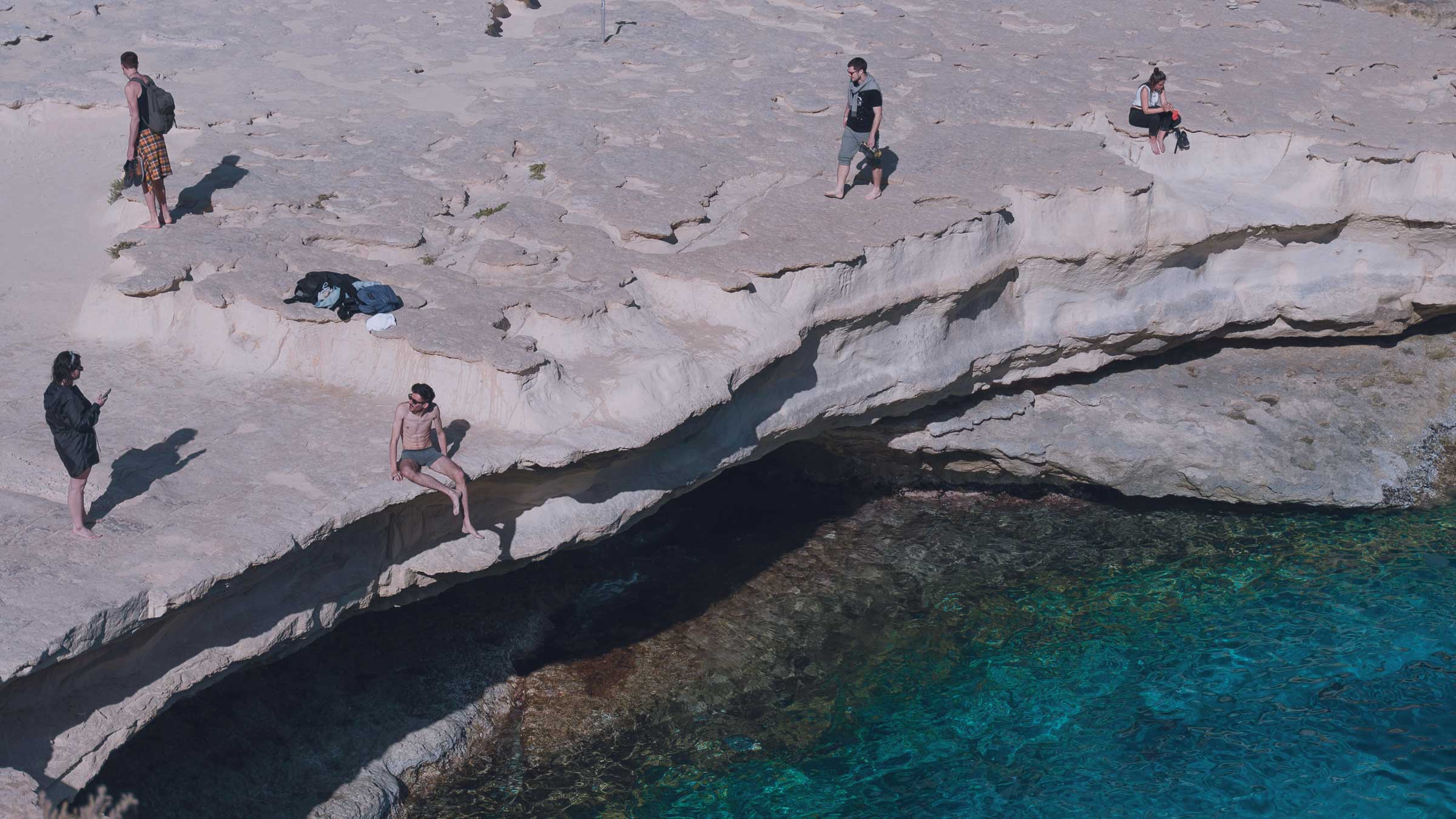
Malta
Just 80 km south of Sicily and 333 km north of Libya, its strategic location has shaped a history spanning the Phoenicians, Arabs, Knights of St. John, French and British. Today, Valletta, its fortified 16th-century capital and a UNESCO World Heritage Site, embodies this layered past with Baroque palaces, harborside bastions and lively piazzas. Malta is also known for its crystal-clear waters and prehistoric temples older than Stonehenge.
With a population of 574,250 (National Statistics Office, 2024), it is one of Europe’s most densely populated countries. The growing startup scene is strong in tech, game development and the medical sector and is supported by initiatives like Malta Enterprise, the government’s economic-development agency, and Gaming Malta, an independent nonprofit set up to focus on making Malta a leading global hub for iGaming, interactive entertainment and gaming innovation.
A growing innovation economy
Malta’s ecosystem offers several public and private support structures for founders. Malta Enterprise is the government’s main economic-development agency, providing grants, startup schemes and soft-landing services, while Business First (businessfirst.com.mt) offers a one-stop shop service for self-employed and micro enterprises. Tech.mt (tech.mt) promotes Malta as a technology hub, with particular focus on fintech, AI and gaming, industries that are also supported also by the Gaming Malta (gamingmalta.org) and the Finance Malta (financemalta.org). The Malta Chamber of Commerce, Enterprise and Industry (maltachamber.org.mt) and Malta’s Digital Innovation Hub (dihubmt.eu), organized by Malta Digital Innovation Authority (MDIA), hosts networking and training opportunities, along with the Chamber of SMEs (smechamber.mt) and the Gozo Business Chamber (gozobusinesschamber.org). With many organizations running regular workshops, hackathons and funding calls, international founders are able to quickly connect with resources, partners and investors in the ecosystem.
The startup ecosystem is smaller than in larger European capitals but tightly knit. Founders benefit from direct access to policymakers and support organizations as well as from EU funding programs. With English as an official language and a high level of digital connectivity, Malta has become attractive for digital nomads and remote entrepreneurs. The country offers a Nomad Residence Permit, allowing non-EU nationals earning over €42,000 (~$47,000) annually per year to live and work on the islands for up to twelve months (with the option to renew for up to three years), and the Malta Startup Residence Program, which gives founders launching a startup a three-year residence permit (extendable for up to five years).
Education and talent
Malta invests heavily in education. The University of Malta, established in 1592, serves as the country’s leading research institution. Alongside it, the Malta College of Arts, Science and Technology (MCAST) provides technical and vocational training, bridging skills gaps in engineering, IT and creative industries. The country also attracts international students thanks to English-language teaching and exchange programs linked to Erasmus+.
The government’s National Skills Council has emphasized digital literacy, coding and gaming development, aiming to align local talent with industry needs. Initiatives like Esplora Interactive Science Centre in Kalkara foster STEM education among younger generations, ensuring a steady stream of future innovators.
Sustainability on the agenda
Sustainability has become increasingly central to Malta’s development strategy. With limited land and high population density, issues like water scarcity, waste management and clean energy are pressing. Malta has committed to the EU’s Green Deal targets, including carbon neutrality by 2050. Solar power and offshore renewable projects are expanding, while startups are exploring sustainable mobility, waste reduction and marine conservation.
The government has also backed sustainable tourism initiatives, balancing Malta’s reliance on visitors with environmental goals. Efforts include promoting cultural festivals beyond peak summer months, investing in greener public transport and supporting heritage conservation.
Living and working in Malta
Malta’s small size means most things are only a short distance away, though traffic can be heavy. Public transport is based on an extensive bus system operated by Malta Public Transport with routes connecting all towns and villages. A Tallinja card offers reduced fares and monthly subscriptions. Ferry services link Valletta to Sliema and the Three Cities, and larger ferries connect Malta to Gozo and Sicily. A mass transit system is under discussion, but for now, buses, ferries and shared mobility solutions remain the most practical ways to navigate the islands.
Housing demand is high, particularly in Sliema, St. Julian’s and Gżira, where many expats live. However, many residents are drawn to Malta’s climate, seaside lifestyle and cultural vibrancy. Traditional festas such as village feasts with fireworks, music and processions remain central to community life, while contemporary arts and film festivals add to the mix.
The cost of living is moderate by European standards, though food and housing have risen in recent years. Malta’s tax system, based on a remittance model for non-domiciled residents, can be advantageous for expats and international founders, with effective rates often lower than the nominal 35%.
Coworking structures
Coworking spaces have multiplied in recent years. Prominent options provide fast internet, flexible memberships, and networking events. Many cafes, such as Lot Sixty One in Valletta and Busy Bee in Msida, are laptop-friendly, and Sliema’s waterfront cafés often welcome remote workers during the day. Internet speeds average above 100 Mbps, with widespread 5G coverage since 2021. Public libraries and university facilities also provide quiet study or work environments. Traditional Maltese business often happens face to face, making informal meetings in cafés or hotel lounges common. Remote work culture has expanded significantly since the pandemic, and Malta continues to brand itself as a nomad-friendly location supported by government-backed residency schemes.
Facts and Figures
Seven megalithic temple sites across Malta and Gozo are UNESCO‑listed for their prehistoric architecture, older than Stonehenge.
Malta averages more than 3,000 sunshine hours per year, among the highest in Europe.
The Order of St. John ruled Malta for 268 years (1530–1798), transforming the islands into a fortified naval stronghold and constructing iconic structures like Valletta, Fort Manoel, and the Co-Cathedral of St. John.
The Knights’ Palace Armoury in Valletta, established in 1604, remains one of the world’s largest collections of arms and armor still housed in its original building.
Startups


Garland Surgical is pioneering total hip replacement with the award-winning MaltaHip. Engineered for superior wear resistance, the implant features innovative reduction of contact stresses and a unique interlocking mechanism.
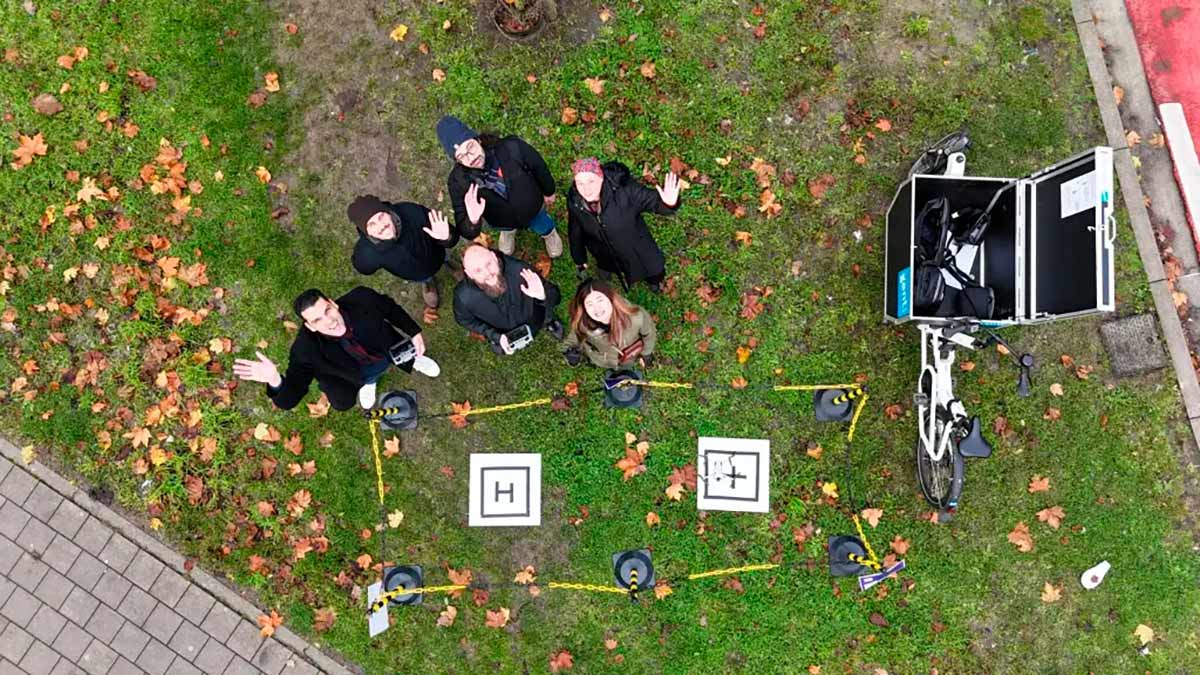

Greenroads uses AI-powered video analytics for traffic to help urban planners make smarter, data-driven decisions that improve mobility and reduce environmental impact. The platform provides real-time insights for traffic control, road safety and smart city planning.


Mediterranean Innovation Engineering is a design and industrialization accelerator specializing in electro-mechanical devices, sensors and embedded systems. Supporting clients from concept to production, it offers engineering expertise, certification and project management.


This vendor-independent platform connects machines, systems, people and processes across industrial environments, regardless of brand or age. It enables real-time control, dynamic operations and secure data flow through an open architecture, deployable on-premise, hybrid or in the cloud.
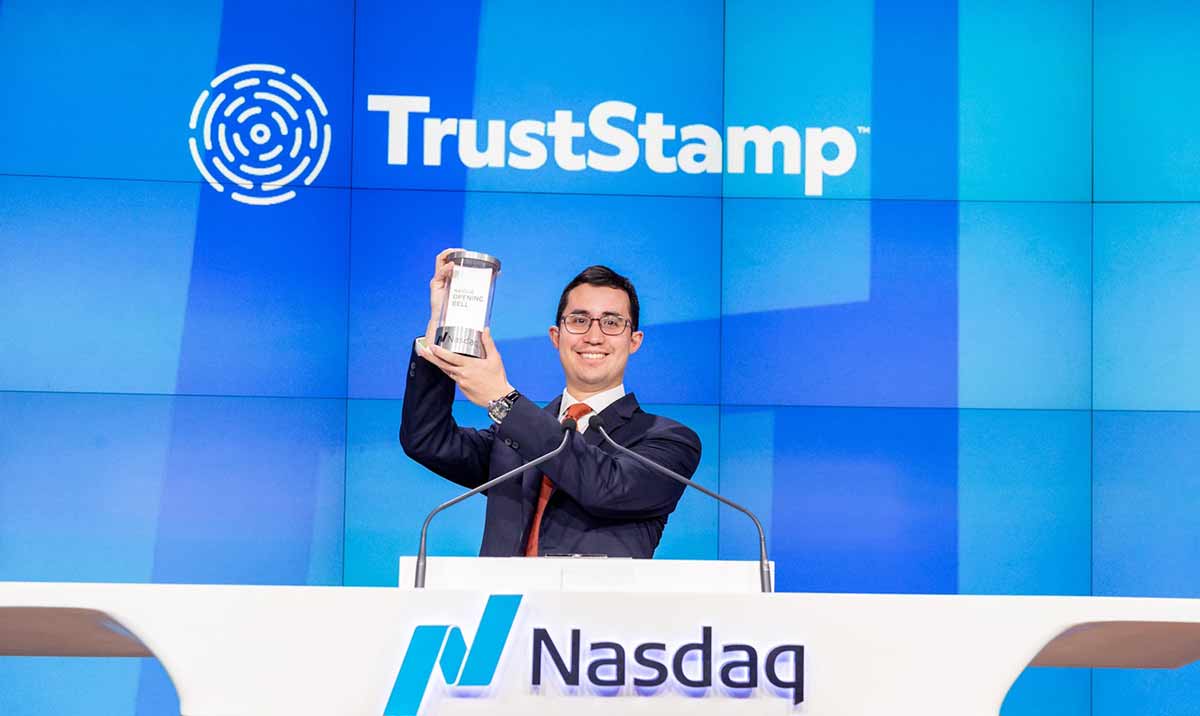

Trust Stamp provides AI-powered identity services to empower organizations with biometric identity solutions. This way, it reduces fraud while protecting data privacy in several sectors, from banking and finance to government and real estate.
Interviews
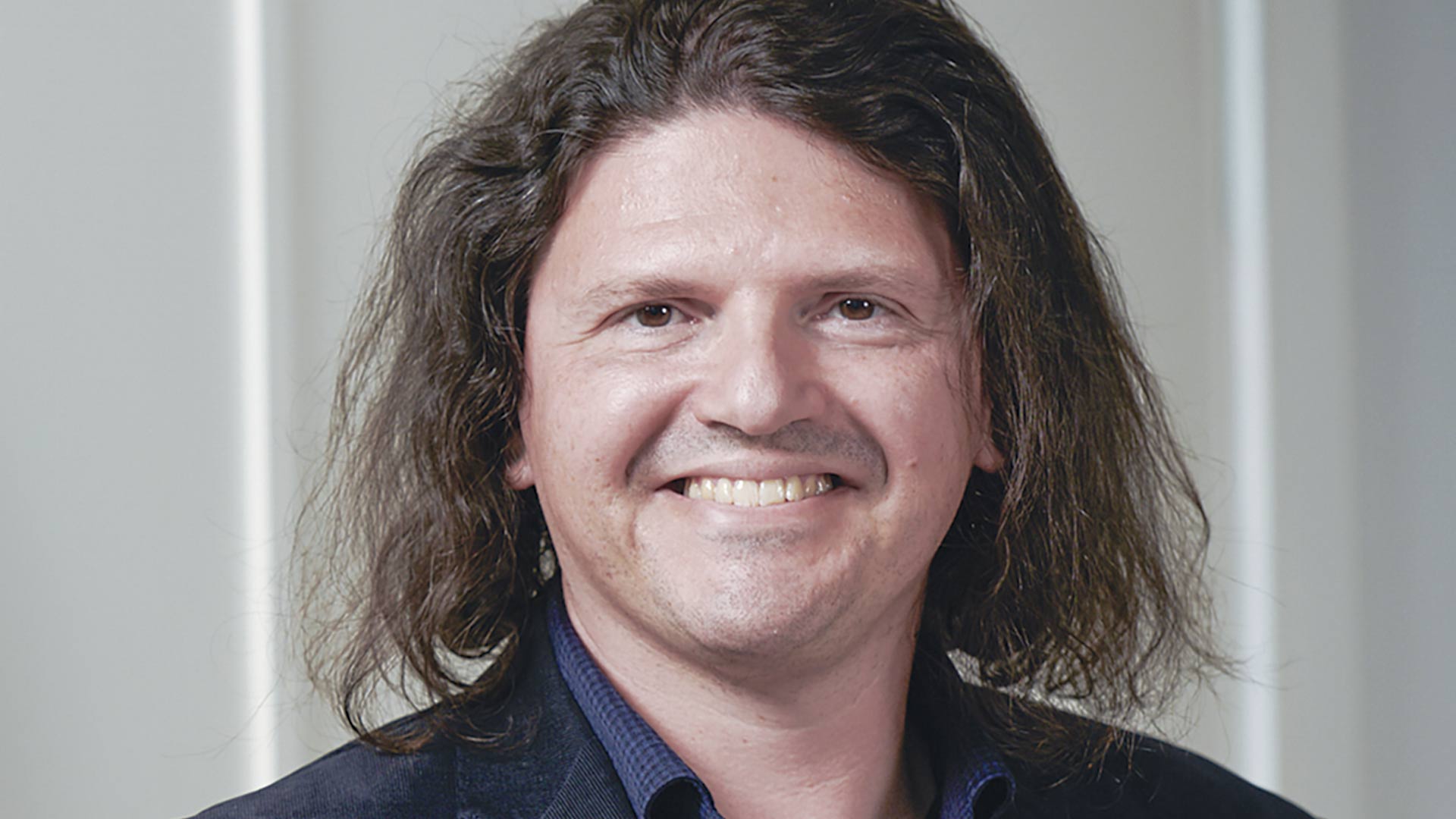
When Angelo Dalli began studying artificial intelligence at the University of Malta in the mid-1990s, he often had to justify why anyone would dedicate their life to such an abstract field. In 1996, AI was not a buzzword or a global investment magnet; it was a niche academic subject that many people dismissed as futuristic speculation.
Programs to know about
Incubator
SiliconCatalyst's ChipStart EU program, backed by Malta Enterprise and Chips JU, offers a year-long, cost-free incubation for early-stage semiconductor startups. It provides industry training, global executive mentoring and advisory support to prepare founders for VC investment and market readiness.

Incubator
KBIC, managed by Malta Enterprise, offers industrial-scale space and support for startups working on industrial ventures from manufacturing to digital and creative enterprises. It offers expert mentoring, office space, workshops and access to special grants via Malta Enterprise.

Accelerator
SuperCharger Ventures runs a 12-week, equity-free accelerator in Malta for global edtech startups. Participants tap into corporate, academic and government networks, gain European market-entry support and become eligible for follow-on funding of up to €500,000 (~$558,000).

Incubator
The TAKEOFF Business Incubator offers a proven business-building model based on decades of research and experience, set within a campus environment. It works closely with Malta Enterprise and Business First to offer entrepreneurs expert coaching and mentorship for knowledge-based ventures.

Funding Opportunities


With over three decades of experience, Bajada Group brings innovation, sustainability and ethical leadership to deliver impactful projects. Its award-winning track record is built on strategic vision, operational excellence and a commitment to community well-being.
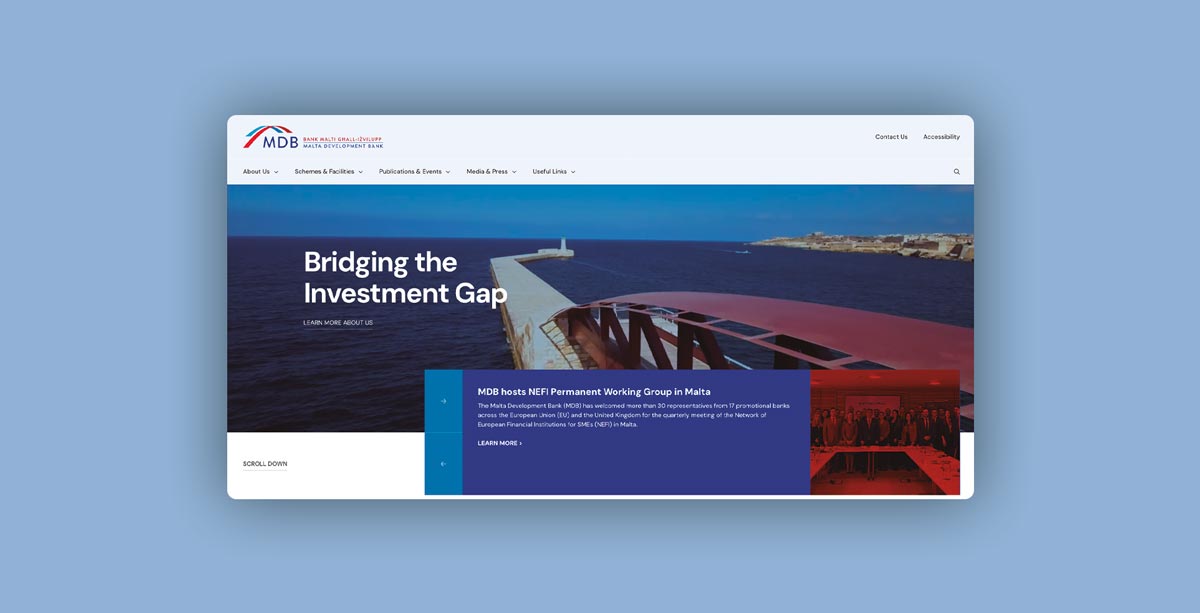

The Malta Development Bank bridges financing gaps by supporting ventures that private lenders may overlook. Through innovative funding tools, credit enhancement and strategic partnerships, it drives sustainable economic growth, social inclusion and environmental progress.
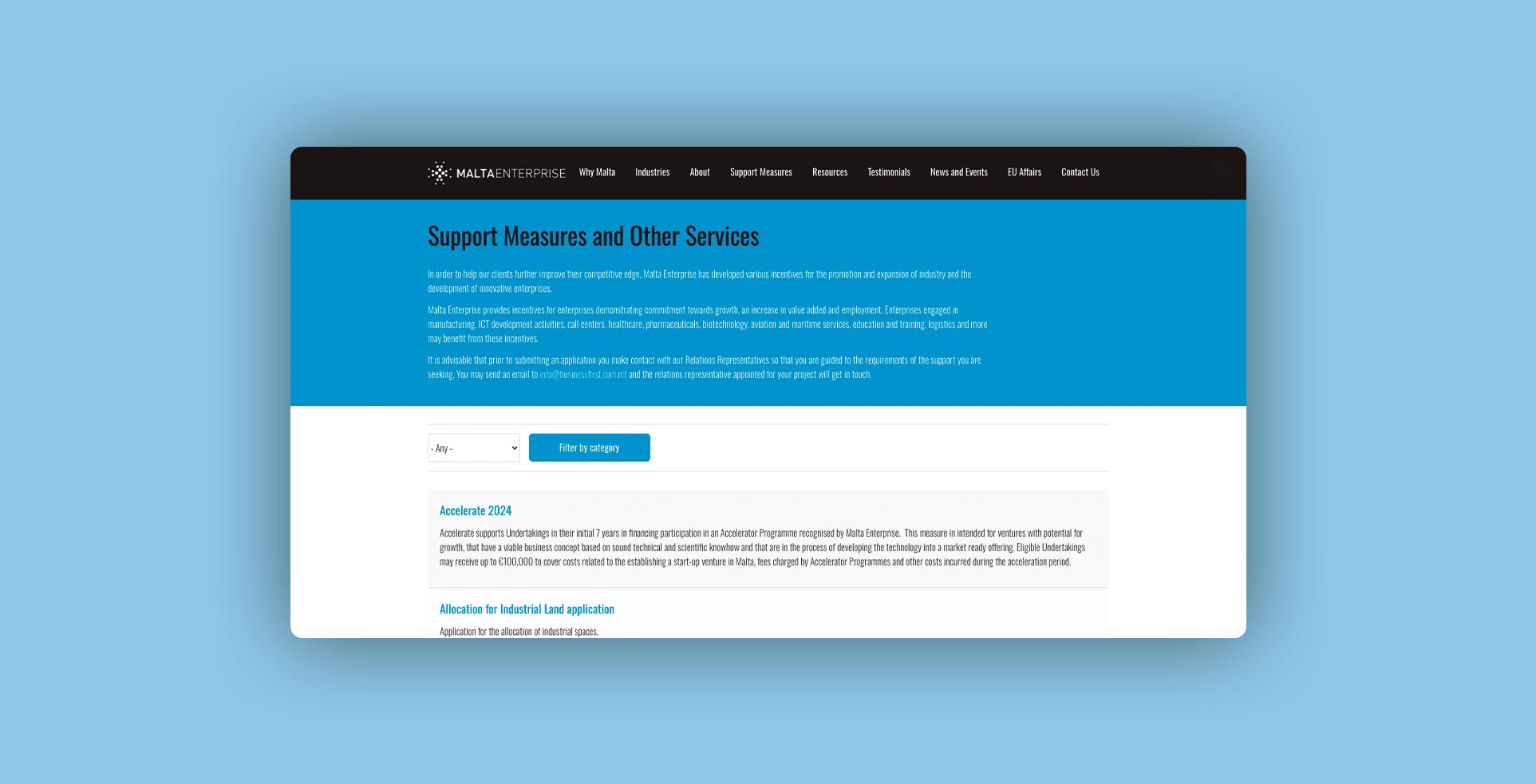

Malta Enterprise offers many funding and support schemes for entrepreneurs, startups and established businesses across different stages of growth. Early-stage ventures, larger-scale industrial and transformative projects, family businesses and businesses engaged in R&D can access seed and startup finance.


The Malta Venture Capital Fund provides equity investment to high-potential startups to accelerate growth and innovation. Offering strategic capital and support, it nurtures businesses that can strengthen Malta’s position in competitive global markets.
Urban Impact Solutions
The Climate Action Authority (CAA) is Malta’s national body for coordinating and overseeing climate policy and action. It focuses on reducing emissions, enhancing carbon sinks and promoting adaptation through collaboration across sectors. Its responsibilities include managing the Climate Action Fund, preparing national climate and energy strategies, collecting and reporting data, issuing recommendations to government and coordinating projects across ministries. The CAA also promotes awareness, education and stakeholder engagement, ensuring transparency and accountability through regular reporting. Its mission is to make climate action effective, efficient and aligned with Malta’s long-term sustainability goals.

JA Malta Foundation is a free-to-attend, non-profit NGO delivering experiential programs in entrepreneurship, work readiness and financial literacy to youth aged 5–30. It empowers underserved communities such as young people, unemployed individuals and first-time entrepreneurs through hands-on learning, real-world challenges and mentorship. As part of the EU-supported Skills4Retail and Future Skills initiatives, JA Malta builds resilient, inclusive communities by strengthening financial health, civic participation and sustainable, locally rooted entrepreneurial ecosystems. The foundation is committed to equality of opportunity, working with partners like HSBC and Atlas Insurance to ensure its programs reach diverse groups across Malta and Gozo.

The RIU is Malta’s climate-foresight hub, developing AI-powered digital twins, Earth-observation tools and real-time simulations to address heat, flooding, sea-level rise and climate-induced inequalities. Founded under Malta’s Local Government framework, RIU is recognized by the European Commission, ESA and EEA as a model for subnational climate action. Its flagship projects include the Urban Heat Island app, landfill-to-energy intelligence and national-scale digital twins integrating satellite and 3D urban data. Through initiatives like JUSTNature and GoGreenRoutes, it applies nature-based solutions and citizen science to urban planning. Its outreach programs have engaged more than 6,000 students, transforming climate anxiety into empowerment.




